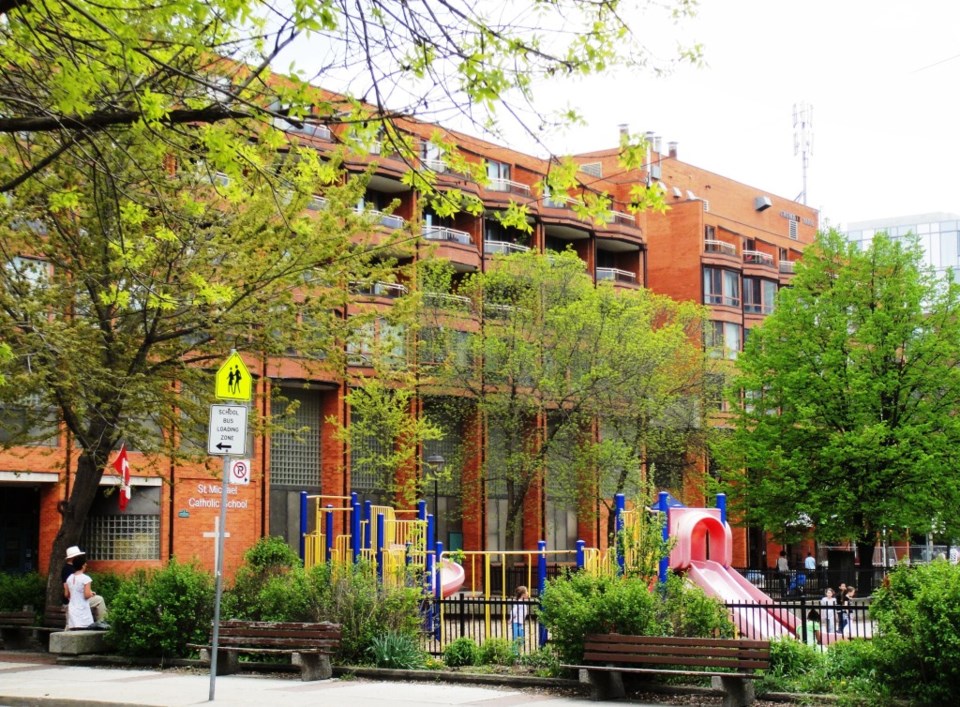about the transformation of the Olympic Village and False Creek South concluded with a promise to share ideas on redevelopment opportunities to allow False Creek South residents and the city administration to have their cake and eat it, too.
Sadly, those False Creek residents looking forward to my ideas��will have to wait a few weeks, since my column also generated responses from some Olympic Village residents.
While they agreed their community had indeed improved dramatically over the past 10 years, there was one notable exception.
They are still waiting for their neighbourhood school.
Olympic Village residents were not the only ones complaining about the severe shortage of classrooms in some city schools. The City of Vancouver’s former planning director, Brent Toderian, was also in the news having just learned his young son would not be attending the neighbourhood school visible from his bedroom window.
Our family is frustrated & demoralized tonight.
— Brent Toderian (@BrentToderian)
10+ years ago we chose a downtown �鶹��ýӳ��home specifically to start a family literally right across the street from where the new Crosstown Elementary school was to be built.
Across the street.
Now they won’t let him go there.
Toderian, today a highly regarded international planning consultant, moved into a downtown condo so he and his wife could walk the talk and live car-free. They always assumed their son would attend the neighbourhood school across the street.
But last week, like many parents throughout the city, they learned they did not win the lottery choosing who could attend the neighbourhood school and who would have to find other schools.
When the False Creek South community was first planned, city planners convinced the school board and province to build the elementary school before the first residents moved in. Architect Richard Henriquez even designed it to appear as part of the adjacent cooperative housing.
Following my involvement with False Creek, I was assigned to work on Toronto’s brand-new St. Lawrence Community. To ensure a public and Catholic elementary school were built in the first phase, then-mayor David Crombie proposed locating housing above the schools. The mayor even convinced the two schools to share one gymnasium.
Two decades later, when planning UniverCity, Simon Fraser University’s new community on Burnaby Mountain, I knew it would be important to have an elementary school in place before the first residents moved in.
However, I quickly discovered that the school board and provincial planners would not approve any new school until “they could see the whites of the children’s eyes.”
While it took longer than I had hoped, we accelerated the timing of the school by offering the school board and province an existing building in the centre of the community.
So why has it taken so long to build schools at the Olympic Village or Coal Harbour, even though city planners conceived both as walkable communities with daycares, children’s playgrounds, and a requirement that at least 25 per cent of the homes to be designed for families with children?
Sadly, the blame must go to lousy coordination and communication between city planners, city council, the school board, and the province that pays for school construction.
However, now that B.C.’s finance minister Carole James has implemented her so-called Additional School Tax, let’s hope she will find money to build more neighbourhood schools in Vancouver’s newest neighbourhoods.
��
��
��
��
��



